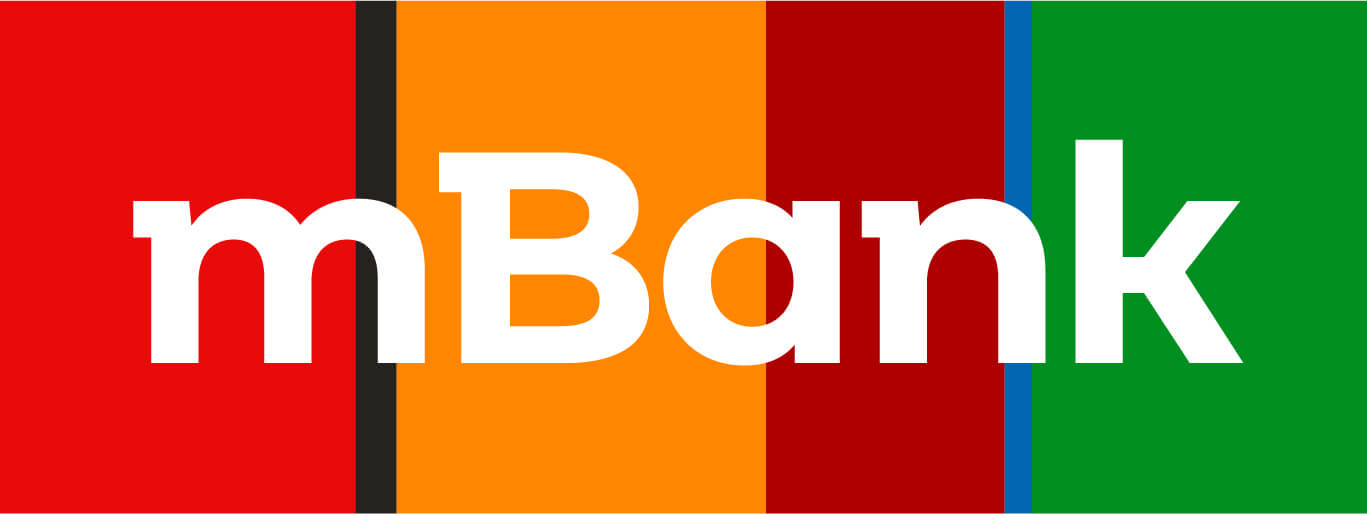According to a report published by the Polish Financial Supervision Authority on October 26, mBank’s capital ratios significantly surpass the required thresholds while its business model is resistant to external shocks.
Over the past several months mBank has worked very closely and intensively with the regulators providing required data and documents in addition to hosting supplementary on-site inspections as part of the European Asset Quality Review and stress tests.
Under the stress test, mBank’s Common Equity Tier 1 ratio according to the methodology applied by the European Central Bank amounted to 11.08% compared to a minimum EU requirement of 5.5% in an adverse stress scenario and 12.41% compared to a minimum of 8.0% under the baseline scenario.
The AQR involved an in-depth and comprehensive analysis of important segments of banking balance sheets such as corporate and retail credit exposures which are sensitive to potential significant financial and economic crisis scenarios. The review aimed at ensuring that the values of assets under investigation are appropriately represented in the banks’ financial reporting and have adequate levels of provisioning coverage. At the same time, the stress tests examined the resilience of banks’ capital buffers to a crisis scenario over a period of three years (2014-2016).
- The results of the AQR and the stress tests show that mBank’s capital adequacy has significantly exceeded the required benchmark set out for the purposes of this exercise. In addition, the results confirm that Poland overall benefits from a safe and highly stable banking environment - said Cezary Stypułkowski, the CEO of mBank.In the light of the results of the AQR and the stress tests the Bank maintains its current financial forecasts for 2014.
Under the stress test, mBank’s Common Equity Tier 1 ratio according to the methodology applied by the European Central Bank amounted to 11.08% compared to a minimum EU requirement of 5.5% in an adverse stress scenario and 12.41% compared to a minimum of 8.0% under the baseline scenario.
The AQR involved an in-depth and comprehensive analysis of important segments of banking balance sheets such as corporate and retail credit exposures which are sensitive to potential significant financial and economic crisis scenarios. The review aimed at ensuring that the values of assets under investigation are appropriately represented in the banks’ financial reporting and have adequate levels of provisioning coverage. At the same time, the stress tests examined the resilience of banks’ capital buffers to a crisis scenario over a period of three years (2014-2016).
- The results of the AQR and the stress tests show that mBank’s capital adequacy has significantly exceeded the required benchmark set out for the purposes of this exercise. In addition, the results confirm that Poland overall benefits from a safe and highly stable banking environment - said Cezary Stypułkowski, the CEO of mBank.In the light of the results of the AQR and the stress tests the Bank maintains its current financial forecasts for 2014.
